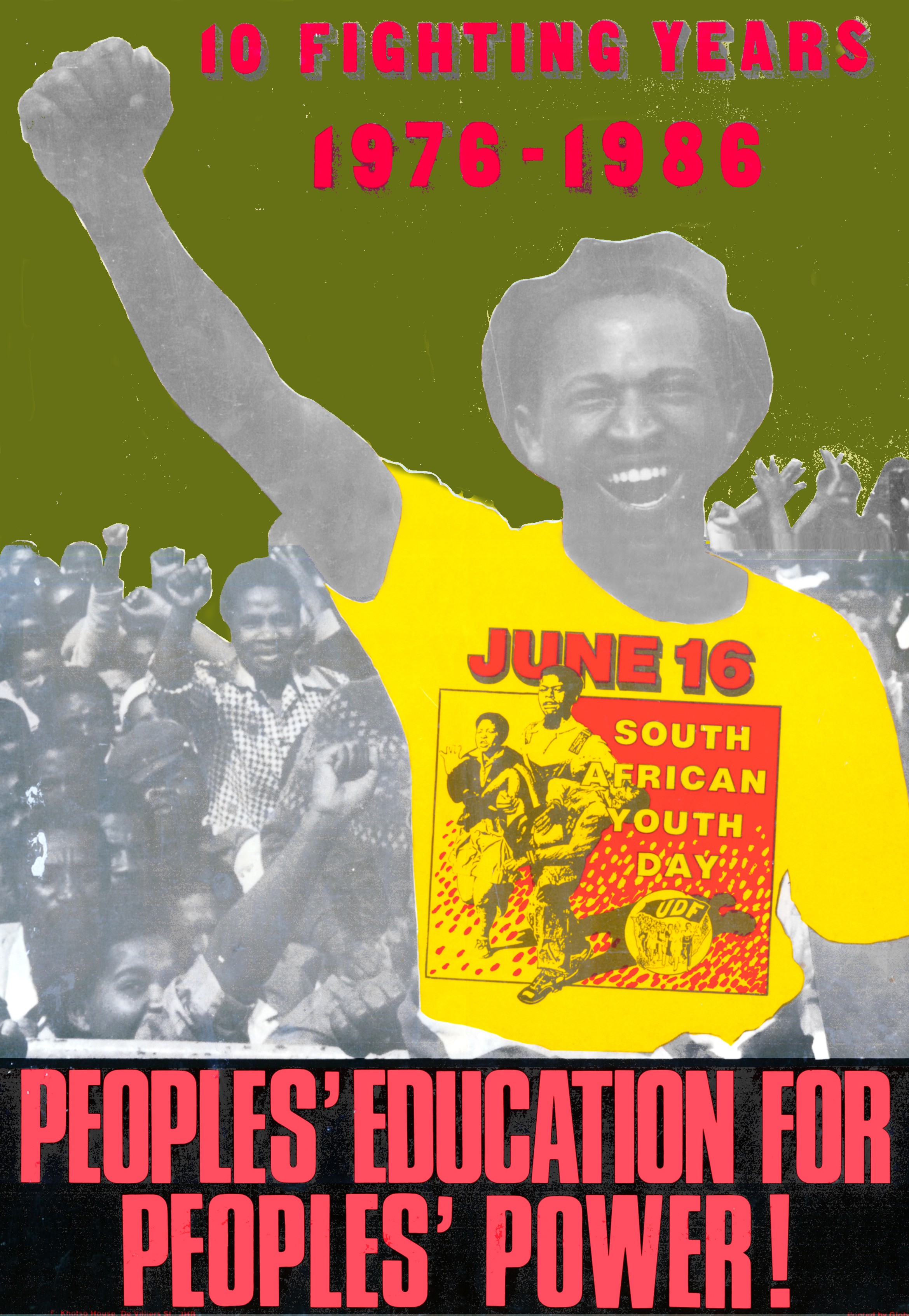

I also believe that America's policy in the Middle East should be guided by a vision of the region in which Israel and Arab partners are secure in their peace, and where the practices and principles of the personal liberty and governmental accountability are spreading. I support strongly the peace talks that are under way, and if elected, I will continue without interruption America's role in them. The Administration has sometimes treated the conflict between Israel and the Arab states as just another quarrel between religions and nations, rather than one in which the survival of a democratic ally, Israel, has been at stake. Bush encouraged the Iraqi people to revolt against Saddam Hussein but then abandoned them. President Bush showered Government-backed grain credits and high technology on a regime that had used poison gas on its own people. Just this week another friend of freedom, my running mate, Senator Gore, laid out in precise and devastating detail the errors of this Administration in dealing with Saddam Hussein. We should have been first.īut I am angered by the Administration's appeasement of Saddam Hussein before the war and disappointed by its callous disregard for democratic principles after the war. The United States was 37th among the world's nations to extend diplomatic recognition to these countries.

But when at long last, the moment of Baltic independence came, President Bush suddenly became a reluctant bridegroom. For over 40 years, the United States refused to recognize Soviet claims to the Baltic nations: Lithuania, Latvia and Estonia. There he lectured a people subjected to genocidal starvation in the Stalin era, warning that their aspirations for independence constituted, and I quote, "a suicidal nationalism."Ī few months later, the people of Ukraine voted by a huge margin for the immediate and total dissolution of the Soviet Union.ĪCTION ON THE BALTICS. Just weeks before the attempted coup in Moscow, President Bush traveled to Ukraine. It took a chorus of complaints, culminating with the prodding of another Republican, Richard Nixon, to move him into action on the Russian aid package. Fearing attacks by isolationists in his own party, President Bush was reluctant to offer Boris Yeltsin, Russia's freely elected president, a helping hand. It reflects an unmistakable pattern in the Bush Administration's foreign policy. Bush's neglect of our democratic ideals abroad could do as much harm as our neglect of our economic needs at home. It has been a disservice not only to our democratic values, but also to our national interest. But power must be accompanied by clear purpose.

I will use that strength where necessary to defend our vital interests. And I am committed to maintaining a strong and ready defense. Let there be no mistake, this world is still a dangerous place. Simple reliance on old balance-of-power strategies cannot bring the same practical success as a foreign policy that draws more generously from American democratic experience and ideals and lights fires in the hearts of millions of freedom-loving people around the world. It is ill-suited to a new era in which ideas and information are broadcast around the globe before ambassadors can read their cable. This approach to foreign policy is sometimes described as power politics, to distinguish it from what some contend is sentimentalism and idealism of a pro-democracy foreign policy.īut in a world where freedom, not tyranny, is on the march, the cynical calculus of pure power politics simply does not compute. It is almost as if this Administration were nostalgic for a world of times past, when foreign policy was the exclusive preserve of a few aristocrats.


 0 kommentar(er)
0 kommentar(er)
